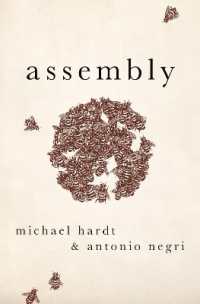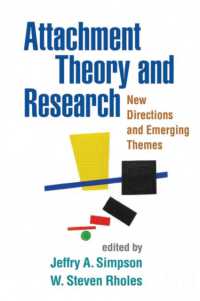- ホーム
- > 洋書
- > 英文書
- > Science / Mathematics
Full Description
The Research in Participatory Education Network (RIPEN) was initiated by the Research Programme for Environmental and Health Education at the Danish School of Education, University of Aarhus, in 2003. It embraces a broad spectrum of researchers, scholars, students, and practitioners of participatory education, working in or from Europe, North America, Africa, and Australasia. Given the international scope of the network and the range of interests it now has, as initiators and early participants in the network the editorial team invited RIPEN to discuss what a critical perspective on participatory approaches to education might mean for education and the environment, health and sustainability, and how network members might research and substantiate their claims and ar guments. Following the introductory chapter on the scope of this collection, 19 chapters illustrate the contributors' responses to that invitation. Our focus on critical perspectives was prompted by earlier work by Majid Rahnema in Wolfgang Sachs's (1992), Development Dictionary. Critiquing concepts of participation in a volume that set out to stimulate cultural, historical, and anth- pological debate on the key concepts of development, Rahnema (p. 126) wrote: Participation, which is also a form of intervention, is too serious and ambivalent a matter to be taken lightly, or reduced to an amoeba word lacking any precise meaning, or a slogan, or fetish, or for that matter, only an instrument or methodology.
Contents
Participation and Learning: Developing Perspectives on Education and the Environment, Health and Sustainability.- Stepping Back from 'The Ladder': Refl ections on a Model of Participatory Work with Children.- Differentiating and Evaluating Conceptions and Examples of Participation in Environment-Related Learning.- Learning in and as Participation: A Case Study from Health-Promoting Schools.- Environmental Learning and Categories of Interest: Exploring Modes of Participation and Learning in a Conservation NGO.- Participation and the Ecology of Environmental Awareness and Action.- Participation, Situated Culture, and Practical Reason.- From Practice to Theory: Participation as Learning in the Context of Sustainable Development Projects.- Participation and Sustainable Development: The Role and Challenges of Mediating Agents.- Mental Ownership and Participation for Innovation in Environmental Education and Education for Sustainable Development.- Participation, Education, and Democracy: Implications for Environmental Education, Health Education, and Education for Sustainable Development.- What Comes Before Participation? Searching for Meaning in Teachers' Constructions of Participatory Learning in Environmental Education.- Participatory Pedagogy in Environmental Education: Reproduction or Disruption?.- Elusive Participation: Methodological Challenges in Researching Teaching and Participatory Learning in Environmental Education.- Student Participation in School Ground Greening Initiatives in Canada: Refl ections on Research Design Decisions and Key Findings.- Researching Participation using Critical Discourse Analysis.- Youth Participation in Local Environmental Action: An Avenue for Science and Civic Learning?.- A Clash of Worlds: Children Talking About their CommunityExperience in Relation to the School Curriculum.- Sustainability Education, Whole School Approaches, and Communities of Action.- School Councils as an Arena for Pupils' Participation in Collaborative Environmental Education Projects.







